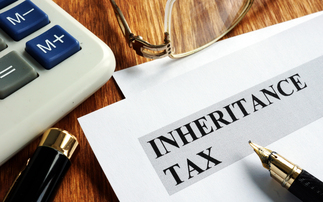In the first of a three-part series examining collectives, Cathy Russell, tax and estate planning consultant at Canada Life, sets out the rules related to CGT and working out gains.
Let’s start with the basics. Capital gains tax (CGT) is a tax on the profit or gain you make when you ‘dispose of’ an asset. You usually dispose of an asset when you cease to own it; for example, if you: • Sell it • Give it away • Transfer it to someone else • Exchange it for something else • Receive compensation for it (for example, you receive an insurance payout when an asset has been destroyed) With regard to collective investments, it is the gain that is taxed, not the amount of money you receive for the asset. Example A client invests in an open-ended investment company (OEI...
To continue reading this article...
Join Professional Adviser for free
- Unlimited access to real-time news, industry insights and market intelligence
- Stay ahead of the curve with spotlights on emerging trends and technologies
- Receive breaking news stories straight to your inbox in the daily newsletters
- Make smart business decisions with the latest developments in regulation, investing retirement and protection
- Members-only access to the editor’s weekly Friday commentary
- Be the first to hear about our events and awards programmes






